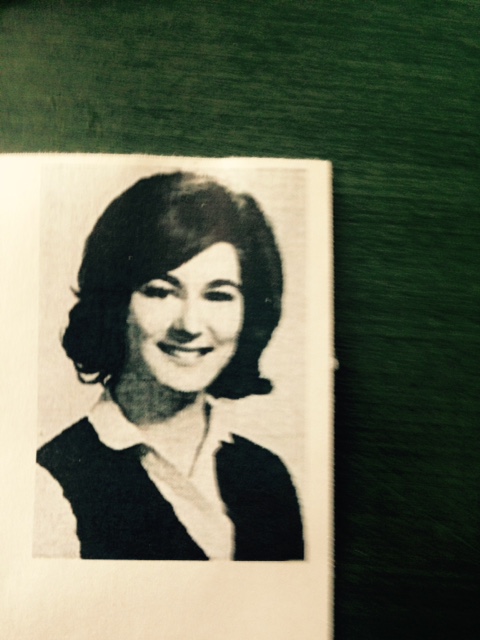It is traditional on International Women’s Day to celebrate the advances we have made as women. As I began my on-again off-again career as a journalist in the 1960s, it is easy to look back and see monumental advances.
At McGill University the unofficial school of journalism was the McGill Daily. Students wrote, edited and produced a daily newspaper in the days when production meant typesetting. The Daily office was alive with debate and discussion. It was 1964 and the New Left in the U.S. and Britain had been redefining left-wing politics for a couple years, mostly on campus. The Daily was the centre of radicalism at McGill. The editor that year was a woman, a clear sign to me that women could be journalists. At The Daily, I met other women like me who wanted to do more with our lives than we saw our mothers do.
My first byline was for an article covering a speech given by pioneer feminist Laura Sabia to the McGill Women’s Union in November 1964. The Women’s Union was a leftover from when women couldn’t be part of the student society. That was beginning to change. Mrs. Sabia was appealing to the girls, as we would have been called then, to stay in school.
“The natural instinct to have children will be just as strong when you are 30 as when it is when you are 20,” she explained. It would be a few years before the new generation of feminists, no doubt some of them in that very room, began their revolution. But this was the fall of 1964 and in print it was still correct to call her Mrs. Michael Sabia and I did.
Once school finished, I needed a real job and I wanted to be a journalist. Since a lot of my friends on The Daily were applying to write news on radio, I applied to a private English radio station in Montreal.
“We don’t hire girls in the newsroom,” was the manager’s response to my request for work. “The guys swear in the news room and they wouldn’t be comfortable with a girl.”
“I don’t give a sh*t if they swear,” was my response. Then I didn’t get the job because not only was a woman, but a foul-mouthed woman.
In Québec, it was still legal to openly discriminate against women, so I moved to Toronto mostly to get a job in the media.
It was 1967 and the media was getting quite interested in the new youth movements that I was part of. I pitched an article to Peter Gzowski, then editor of the Star Weekly Magazine, about people living together without being married.
“You can get people to use their real names and photos?” he asked with some skepticism. “Of course,” I replied with the hint of contempt that anyone of my generation saved for anyone over thirty who was so clueless. My first paid and published professional piece was titled “Single but Together.” It appeared on the cover of Star Weekly magazine in December 1967.
I felt much more at home with the youth movement than with the burgeoning women’s movement in those days. When Gzowski asked me for more stories, I pitched one on my experiences writing stories forMidnight, a popular supermarket tabloid published in Montreal. He wanted me to write a piece along the lines of “I was a female sex writer.” I didn’t see what difference my gender made to the story and wrote what I thought was a very funny piece about writing these crazy made-up stories about aliens coming to earth and a woman born with no sex organs. That piece was rejected and Gzowski suggested I get more experience by writing for a newspaper somewhere up North.

Most of the people I met at Star Weekly were men but there were women working at CBC Radio as producers. The hosts on radio and readers on television were all male. Barbara Frum didn’t take the host chair at As It Happens until 1971. Pioneer women journalists like June Callwood and Michele Landsberg were writing on “social issues” in the newspapers trying to get out of the “women’s pages” on to the news pages. Doris Anderson as editor of Chatelaine was breaking new ground with articles on abortion and women’s equality but I was too cool to pick up a women’s magazine.
In those days, we didn’t have a word for sexual harassment. I’m sure it happened a lot but it was the price an independent woman paid for working in a male-dominated workplace, just part of the territory. The stereotype of the hard drinking, hard living male reporter was beginning to change through the influence of the new journalism but it was still very much the reality. To me, it was more the generational difference than the gender difference that seemed to make the most difference. Women could be accepted if they could play the game the same way as the men.
The report of the Royal Commission on the Status of Women would not break through the mainstream media with ideas of women’s rights for a few more years and feminist activism was still mostly at a grass roots level with little impact yet on the institutions of society, including the media.
Originally published by the Canadian Media Guild.
Judy Rebick is a journalist, feminist, political activist and the author of several books, including Occupy This (2012), Transforming Power: From the Personal to the Political (2009) and Ten Thousand Roses: The Making Of A Feminist Revolution (2005),




